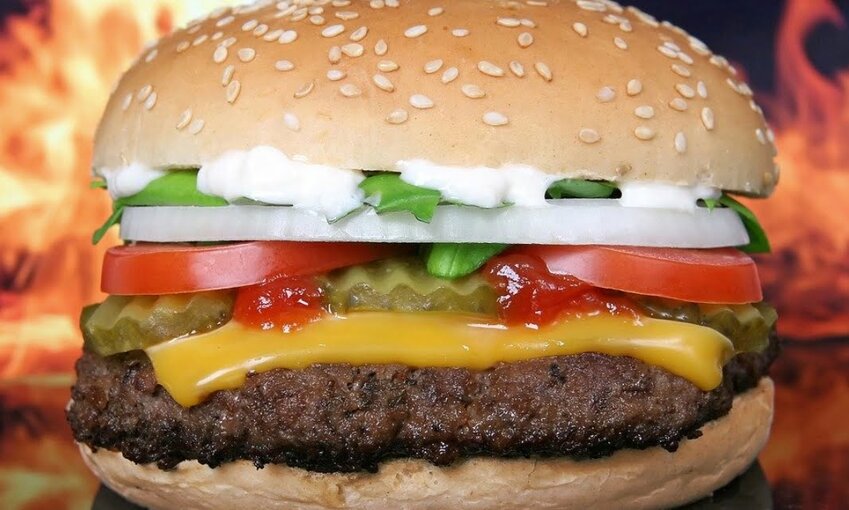 (Credit: Pixabay)
(Credit: Pixabay)Burger King brand has partnered with scientists to develop and test a new diet for cows, which according to initial study results, reduces up to 33% per day, on average, of cows' daily methane emissions during the last three to four months of their lives.
According to the United Nations' Food and Agriculture Organization, livestock is responsible for approximately 14.5% of global greenhouse gas emissions. Cows release methane, a greenhouse gas that traps the sun's heat and warms the planet, as a by-product of their digestion.
The formula for this new diet is open source and fairly simple to implement. Preliminary tests suggest that adding 100 grams of lemongrass leaves to the cows’ daily veterinary prescribed diet during their last four months, helps them release less methane as they digest their food.
The fast food chain is making all findings public, calling it an open source approach to a real problem.
To test and develop the formula, the brand collaborated with scientists Octavio Castelan, Ph.D, Professor at the Autonomous University at the State of Mexico and Ermias Kebreab, Ph.D, Professor at the University of California, Davis, throughout the process.
Starting July 14, select Burger King restaurants in Miami, New York, Austin, Portland, and Los Angeles will offer the Reduced Methane Emissions Beef Whopper sandwich, made with beef sourced from cows that emit reduced methane, while supplies last.